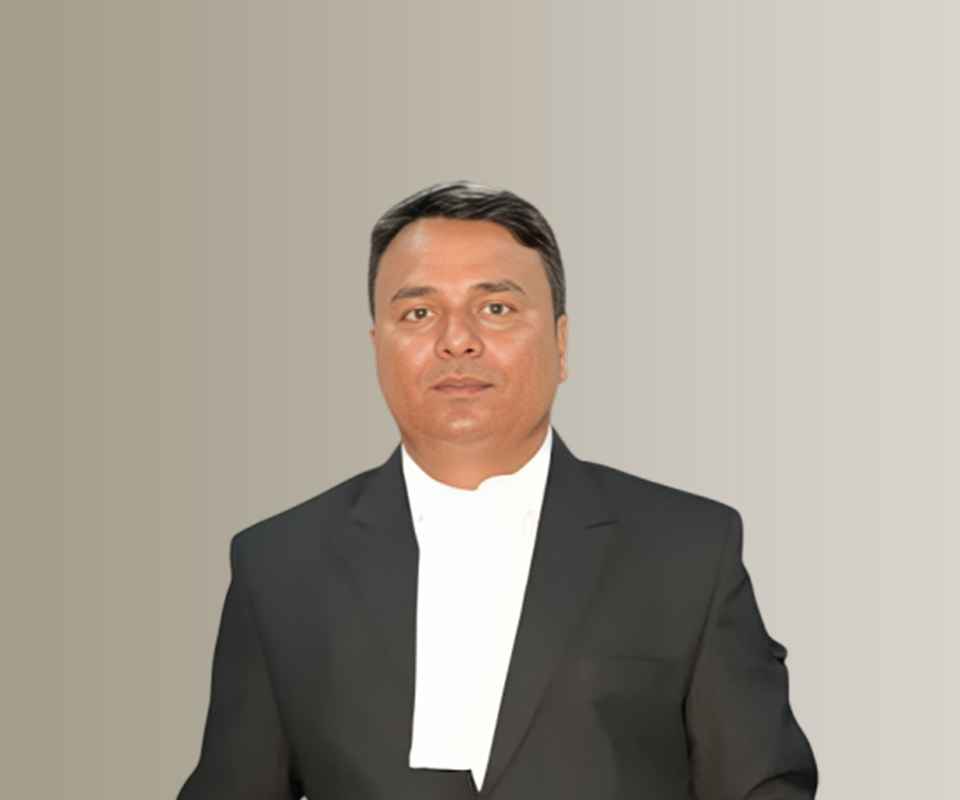Answer By law4u team
In India, allegations of domestic violence are taken seriously, and the Protection of Women from Domestic Violence Act, 2005 (PWDVA) provides for legal protection for women who are victims of abuse. However, there are instances where false allegations of domestic violence are made, and this can create significant challenges for the accused individuals. The courts have mechanisms in place to deal with false accusations, as abuse of legal processes can be harmful not only to the falsely accused but also to the integrity of the legal system.
1. Legal Consequences for False Allegations:
False accusations of domestic violence can lead to serious consequences for the person making the false allegations, as it constitutes an abuse of legal processes. Here's how the legal system handles these situations:
A. Criminal Consequences:
- Defamation (Section 499 of the Indian Penal Code): If an individual falsely accuses someone of domestic violence, the accused may file a defamation suit under Section 499 of the Indian Penal Code (IPC). Defamation involves making false statements that harm a person’s reputation. If the false allegations are proven, the person making the accusations could be held liable for defamation and may face imprisonment or a fine.
- Perjury (Section 193 of IPC): If the accuser gives false testimony under oath (e.g., during court proceedings), they can be charged with perjury. Section 193 of the IPC defines perjury as the act of willfully making a false statement under oath. Perjury is a criminal offense, and the person can face penalties, including imprisonment and fines.
- False Information to Police (Section 182 of IPC): If false information is given to the police regarding a domestic violence incident, it can result in criminal liability under Section 182 of the IPC. This section penalizes anyone who gives false information with the intent to harm another person. The punishment may include imprisonment or a fine.
B. Civil Consequences:
- Malicious Prosecution: If the allegations of domestic violence are proven to be false and malicious, the accused can file a suit for malicious prosecution. Malicious prosecution occurs when someone uses the legal system to initiate proceedings against another with the intent to harm them or for an improper purpose. The falsely accused person can seek damages for harm caused to their reputation and personal life.
- Costs of Litigation: In certain cases, the court may also order the person who made false allegations to pay the costs of litigation incurred by the wrongly accused party. If the allegations are found to be without merit, the court may award costs to the defendant to compensate for the legal expenses incurred in defending the false claim.
2. Judicial Approach to False Allegations:
The courts in India take a cautious and balanced approach to allegations of domestic violence, and they scrutinize the evidence before passing any judgment. The legal system aims to prevent misuse of domestic violence laws, while also ensuring that genuine victims are protected.
A. Scrutiny of Evidence:
- Courts require strong evidence to support claims of domestic violence. If the allegations are found to be baseless or contradictory, the court may dismiss the case. If the evidence is fabricated or insufficient, the case may not proceed, and the accused may be exonerated.
- Courts look at various factors such as witness testimonies, medical records, and other supporting evidence to verify the truthfulness of the allegations. If the allegations lack substantial proof or seem exaggerated, the court may dismiss the case.
B. Protection Against Abuse of Law:
- To ensure that domestic violence laws are not misused, magistrates and judges are trained to be vigilant in assessing the credibility of allegations. They also ensure that the person accused of domestic violence is given a fair trial and an opportunity to defend themselves.
- Section 29 of the Protection of Women from Domestic Violence Act allows for the appeal of orders passed by the magistrate, so if a false case is filed, the accused has the right to challenge it.
C. Court's Discretion in Dismissing False Allegations:
- Courts may dismiss the domestic violence case if it appears to be vexatious or an attempt to harass the accused. The courts will take a discretionary approach when determining whether the case is genuine or based on falsehood. If the allegations are proven to be fabricated, the case may be thrown out, and the person who filed the false claim may face criminal charges.
3. Prevention and Safeguards:
The law also has safeguards in place to prevent the misuse of domestic violence laws. Some of the measures include:
- Judicial Oversight: The court has the authority to examine the evidence presented and determine whether the allegations are valid. If the court believes the complaint is an abuse of process, it can take strict actions, including the dismissal of the case.
- Protection of Rights of the Accused: It is important to note that the rights of the accused are also protected under the law. If it is found that a case was filed with malafide intent (e.g., to falsely accuse someone), the person filing the false complaint may be penalized.
- Legal Recourse: The falsely accused person can file a counter-claim for defamation, perjury, and other legal actions against the complainant to seek redress and damages.
Example:
Ravi is falsely accused of domestic violence by his wife, Neha, who alleges physical and emotional abuse in their marriage. The police arrest Ravi, and a case is filed under the Protection of Women from Domestic Violence Act.
- Step 1: Ravi is shocked and begins gathering evidence to prove his innocence. He provides witness statements, communication records, and financial documents to show that the allegations were fabricated. He also shows evidence that Neha had filed the complaint to gain an advantage in their divorce proceedings.
- Step 2: After a thorough investigation, the court determines that the claims were false and malicious. The court dismisses the case and orders Neha to pay legal costs for wasting court time and resources.
- Step 3: Ravi also files a defamation case against her, seeking damages for the harm caused to his reputation.
Conclusion:
In cases where false allegations of domestic violence are made, the Indian legal system has provisions to safeguard the rights of the wrongly accused. False accusations can lead to criminal charges such as perjury and defamation, as well as civil actions for malicious prosecution. The court’s responsibility is to scrutinize the evidence carefully and prevent the misuse of laws meant to protect genuine victims of domestic violence. The system also provides mechanisms for the accused to seek redress and compensation for harm caused by false claims. It is essential that the courts balance the protection of victims with safeguarding against the abuse of legal processes.







